(MENAFN- Asia Times) BANGKOK – China's navy quietly sailed into the shallow, energy-rich Gulf of Thailand earlier this month for Blue Strike 2023, a joint naval exercise to increase Beijing's influence with Thailand's newly elected, military-backed civilian government.
Meanwhile, in his first political foray onto the international stage, Prime Minister Srettha Thavisin flew to New York and attended the UN General Assembly September 18-24, where he met US President Joe Biden and other politicians along with Google, Microsoft, Tesla, the US Chamber of Commerce, and the US-ASEAN Business Council.
Chinese President Xi Jinping is also eager to scrutinize and charm Thailand's new prime minister, and invited Srettha to visit Beijing October 8-10.
The US and China are eyeing the new administration and its views on international investment, tourism, trade, and weapons purchases. On August 22, Parliament ended three months of bickering and agreed on a pliant civilian-led, 11-party coalition government fronted by Srettha, a real estate tycoon.
“Thailand is like a sick person,” Srettha said on September 11 in his first policy statement to Parliament.“Tourism and spending are recovering so slowly, that there is the risk of economic recession,” he said.
Washington and Beijing are also assessing the US-trained military's September 1 promotions of officers and factions, to see if there are any shifts in Thailand's attempt to balance its relations with the two superpowers.
“The selection of General Charoenchai Hinthao [also spelled Jaroenchai Hintao] as army commander was a big win for military officials closer to the USA,” Paul Chambers, Naresuan University lecturer in Southeast Asian affairs, said in an interview.
“The same can be said for the choice of Royal Thai Armed Forces Commander General Songwit Noonpakdi, and new Air Force Commander ACM [Air Chief Marshal]
Panpakdee Pattanakul who favors US F-16s and F-35s for Thailand.
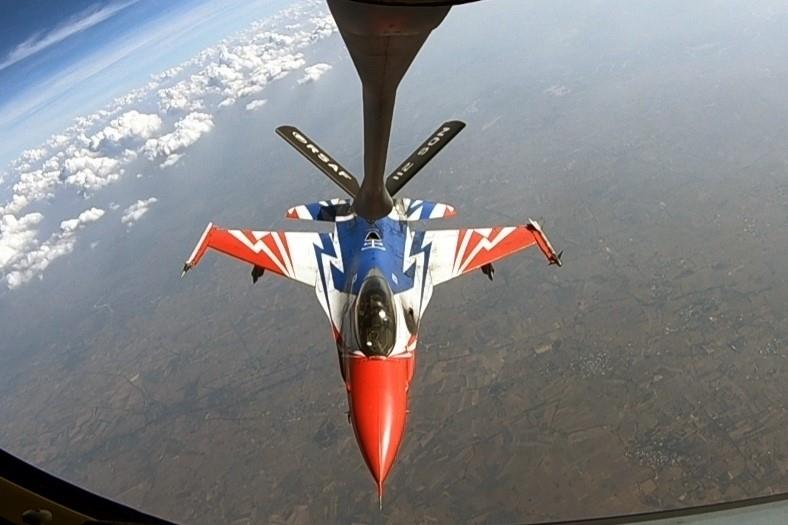
A Royal Thai Air Force F-16A fighter during a flying training exercise with Thailand and the US. Photo: Handout
“Only the Thai navy remains tilted toward China,” Chambers said.
The Pentagon is especially concerned about Bangkok's military support for US security interests amid confrontations between Washington and Beijing over territorial claims in the South China Sea and Taiwan's political survival.
“Thailand is trying to keep away from the US-China differences about Taiwan,” Chambers said.
In 2003, then-president George W Bush designated Thailand a“non-NATO treaty ally,” and the two nations' militaries are closely linked after decades of training and experience.



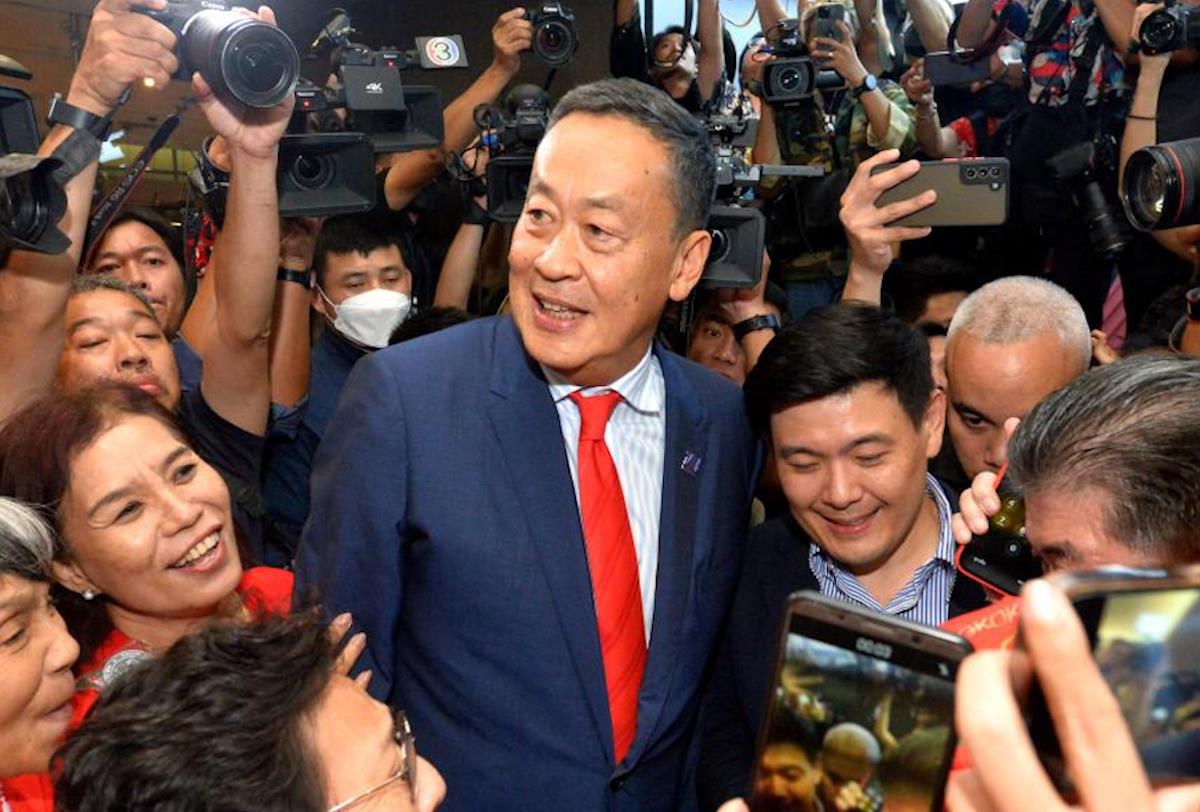

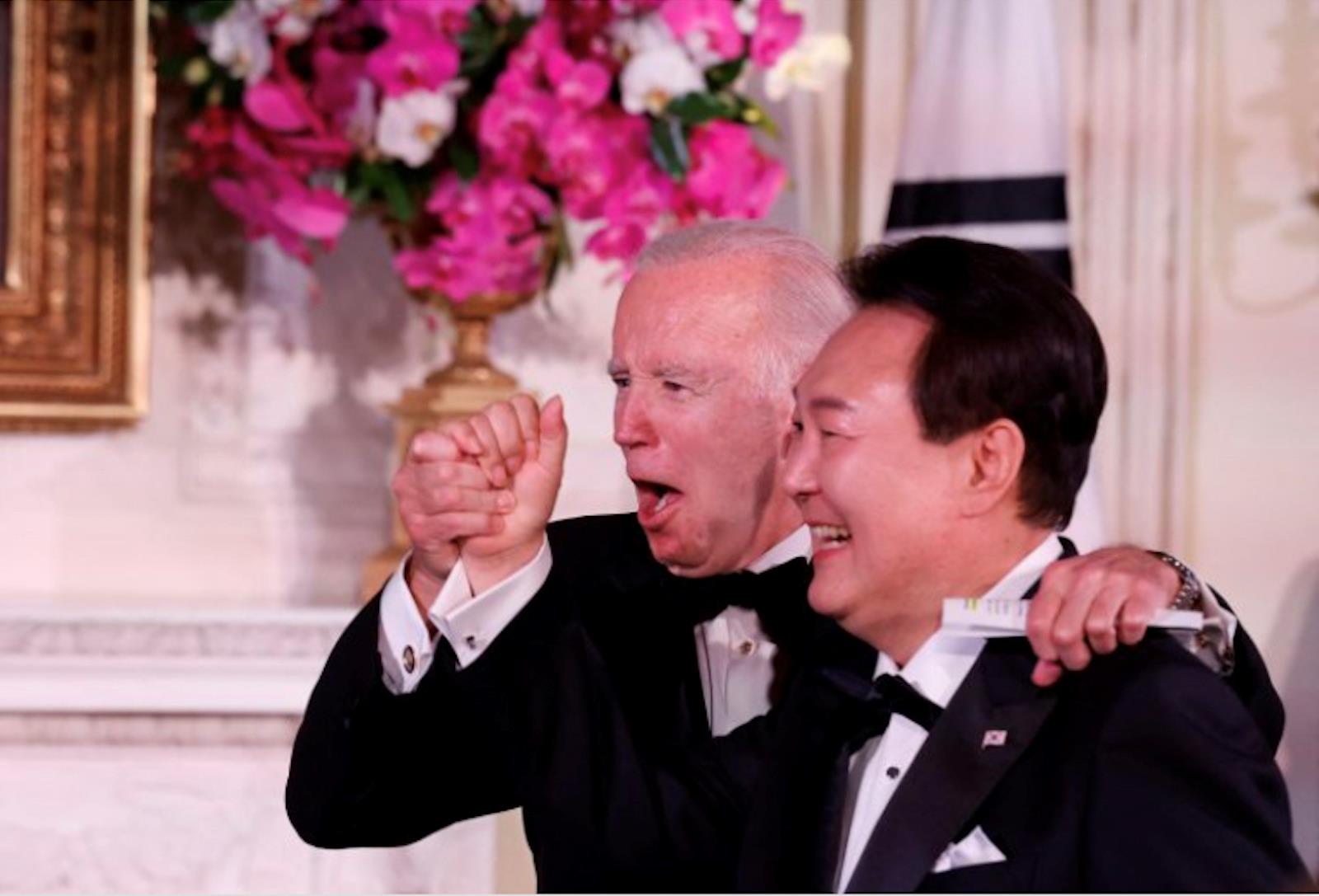
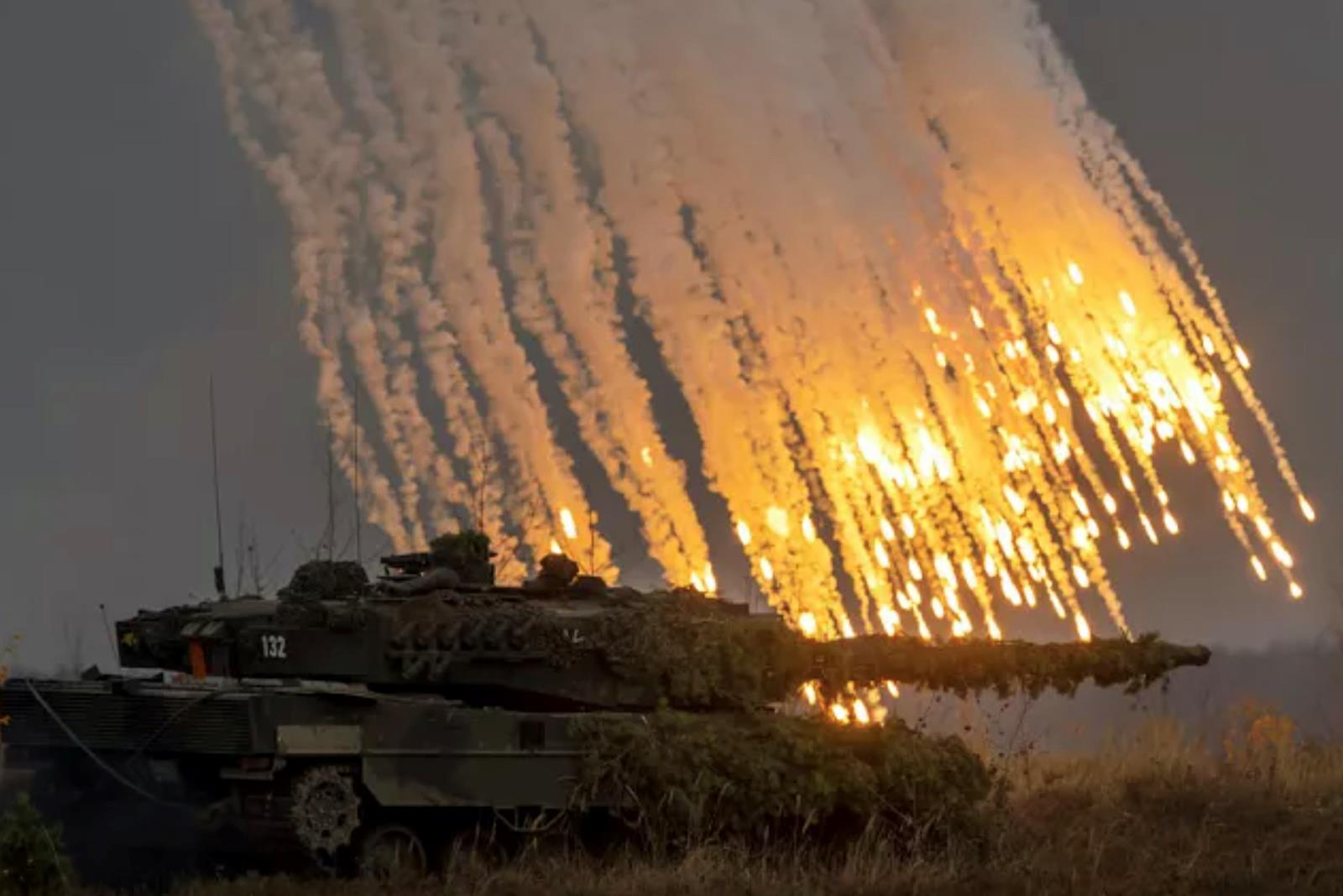
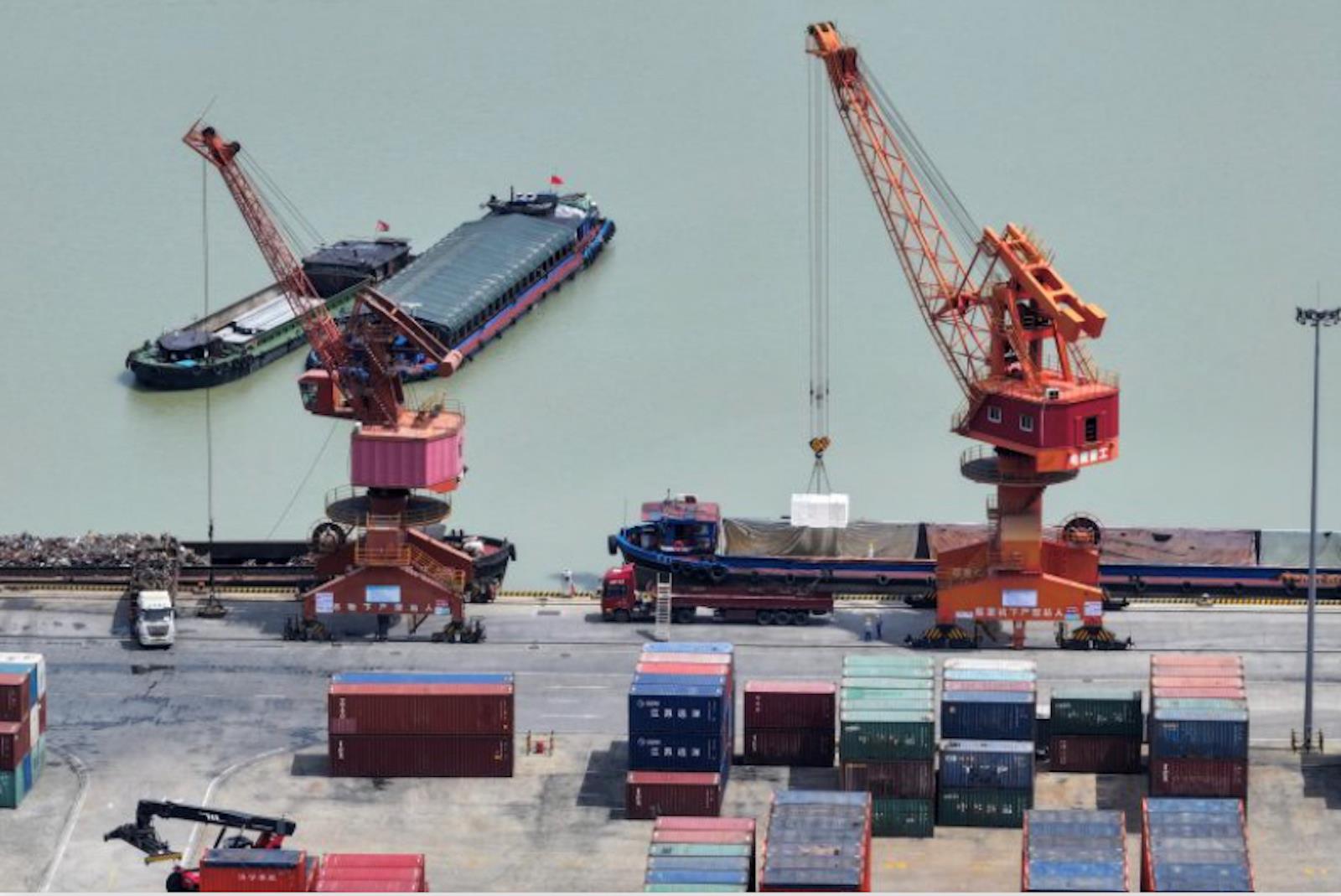
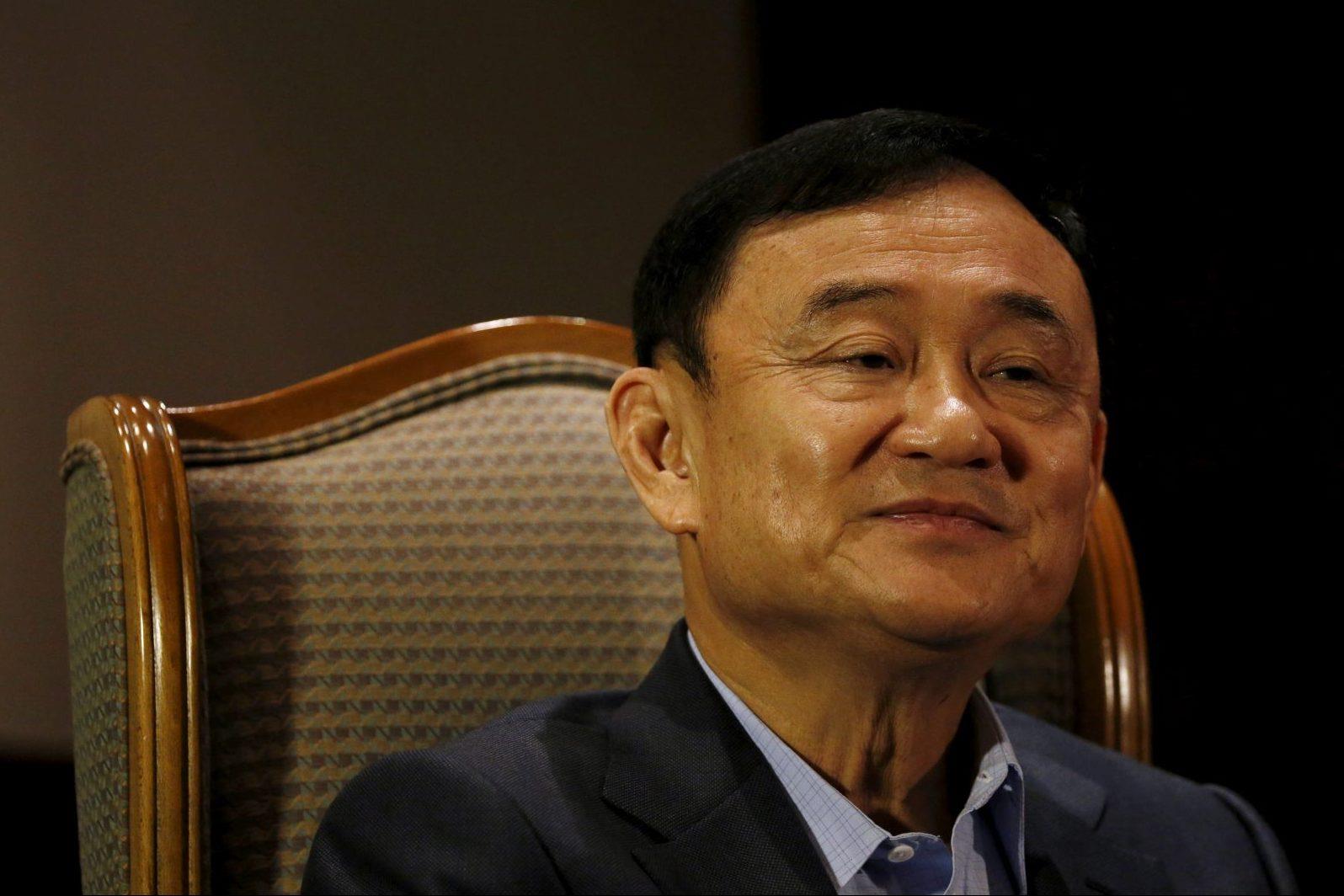

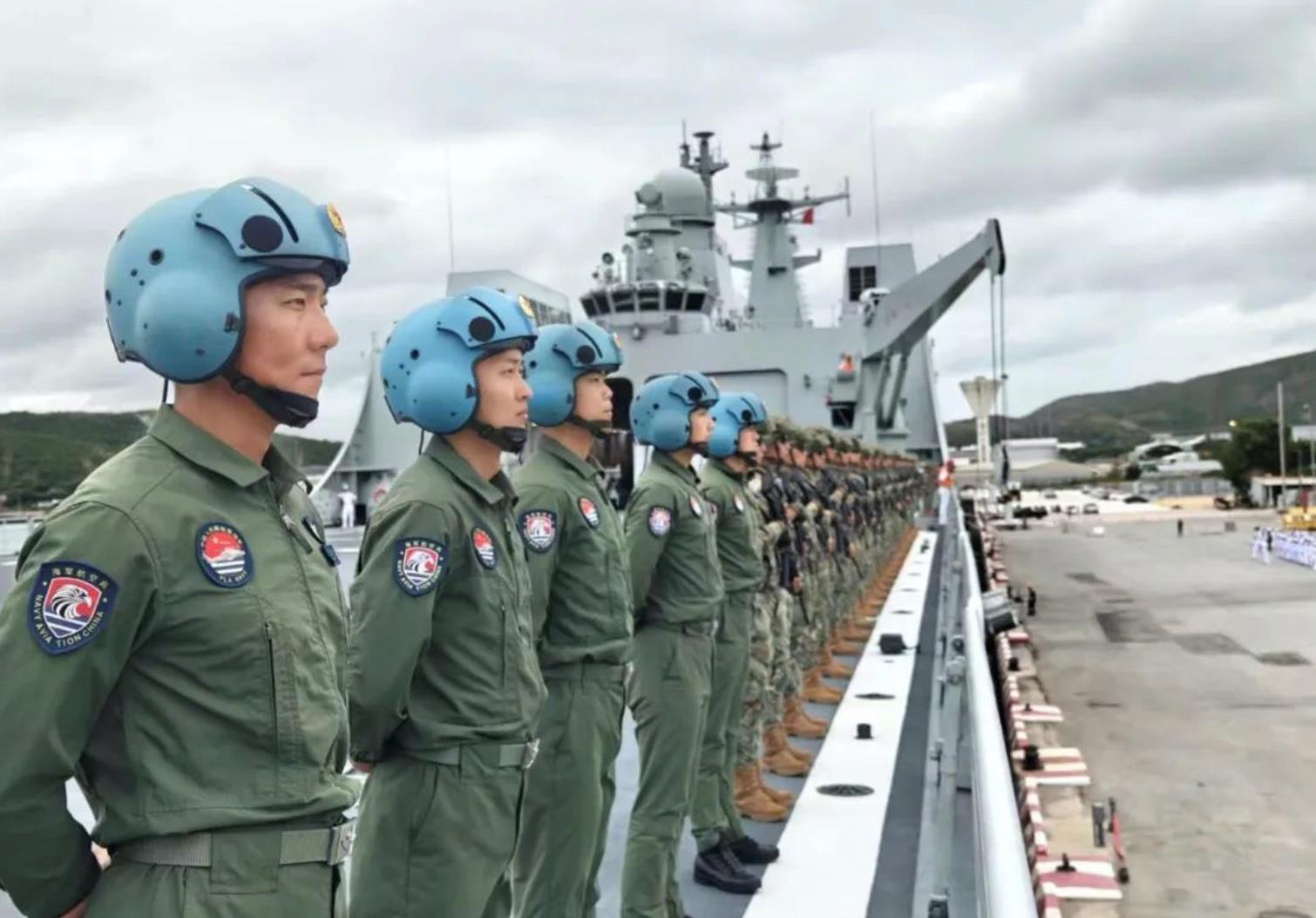
















Comments
No comment